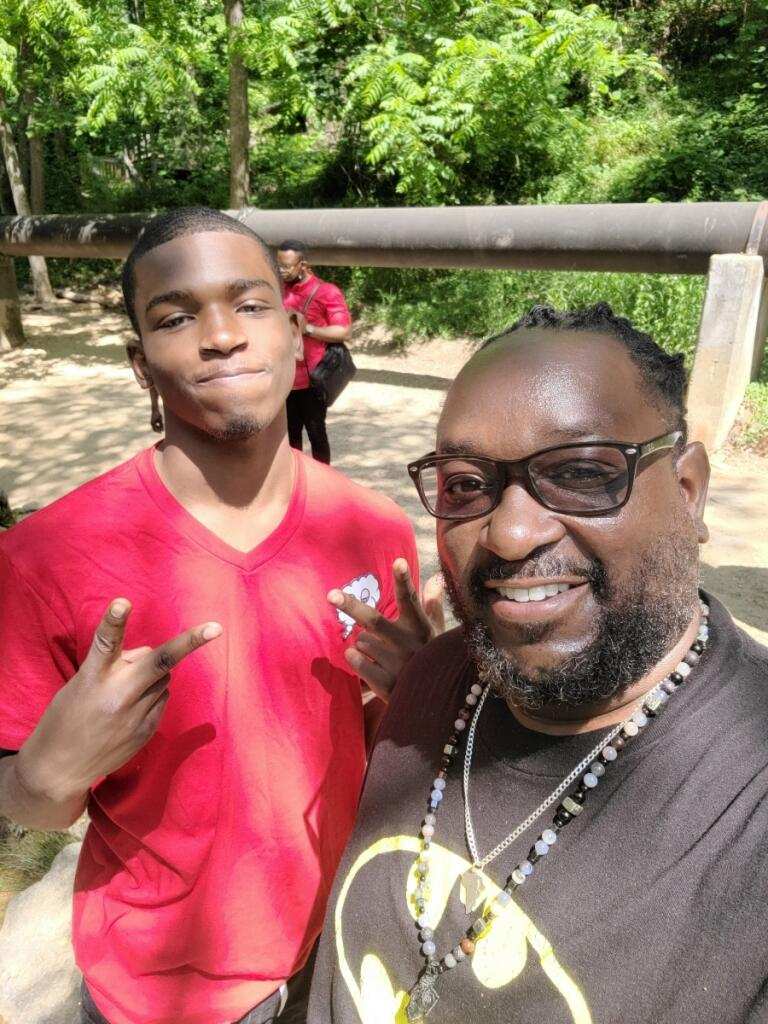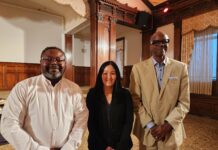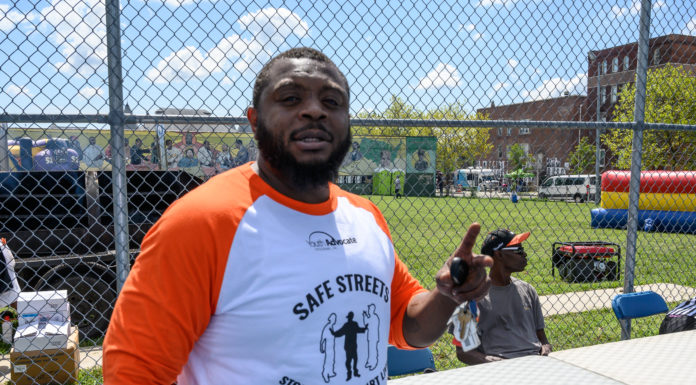
Abdul just turned 18 and for the first time in a long time sees his life moving in a positive direction. He describes the past few years as ones consumed with arrests, school absences, court appearances, detention, and probation – consequences, he said, of his own bad choices.
Abdul said it wasn’t until 2020 that he realized why he’d let things get so out of control and that he holds the power to change his life. That’s when he met Veron Rawls from Youth Advocate Programs (YAP), Inc., whom he credits for believing in him and helping him see his strengths. YAP is a national nonprofit in 31 states and the District of Columbia that provides community-based alternatives to youth incarceration, out-of-home placement, and neighborhood violence.
Hamilton County (Ohio) Juvenile Court is one of six U.S. youth justice systems that received Safely Home program startup grants in late 2019 through YAP’s partnership with Georgetown University’s Center for Juvenile Justice Reform (CJJR). YAP and CJJR collaborated to create the unique grant to provide a year of funding to seed innovative community-based rehabilitative services for the highest-risk youth, many whose histories include serious offenses, multiple arrests, and lengthy out-of-home placements.

“Working with Mr. Vernon has lifted a weight off my shoulders,” Abdul said. “When I was a little kid, I loved school; whenever I picked up a book, I enjoyed it. My father was locked up when I was two or three and as I got older, I was having problems with my stepfather. I started smoking, becoming a follower — robbing people, and getting locked up,” he said. “When I got into YAP and met Mr. V., I felt blessed. Until him, I never had that consistent male figure to tell me how to be a man.”
The YAP service model is based on hiring and training community-based Advocates to guide program participants in creating individualized service plans while connecting them with tools to achieve their goals. Meantime, the Advocates build rapport with the young people’s parents and guardians and do everything they can to assist in firming the family’s foundation.
“I didn’t want to finish school because I’d missed so much that I was behind,” Abdul said, adding that his personal YAP service plan includes working through the summer and completing his senior year in the fall. “He [Rawls] helped me get my license; helped me look for a job, and always encourages me to stay focused on finishing school.”
Among the tools available to the Advocates is YAP Supported Work, which enables YAP to provide income for young people in exchange for businesses providing youth with on-the-job work experience. While Rawls was able to help Abdul find a job at a factory, he also connected him to a YAP Supported Work partner who has provided mentorship and volunteer opportunities to support Abdul’s ultimate goals of becoming a business owner.
“The owner of Roots, Seeds and Oils, has spent time with him, educating him about how she purchases and sells natural healing products, gemstones, herbs, ginger juice, things like that,” Rawls said. “Abdul volunteered with her and other businesses in the community center marketplace where the store is located and even purchased a handmade necklace from the market for himself.”
Through another Rawls contact, Abdul has also become a youth leader in a Cincinnati effort to improve opportunities for youth of color in the city. In addition to building contacts with business owners and leaders, Abdul has also improved his relationships with his mother and younger siblings and has grown closer to his incarcerated father as well.
“Now I know more about his situation,” Abdul said. “He made mistakes and didn’t want me to end up in the same position. I know he loves me. I love my dad.”
Abdul said that like Rawls, his father is also encouraging him to stick to his plan to finish school and that he’s not only committed to getting his high school diploma but looking seriously at going to college.
“I realized in this program what I knew deep down inside – that I can be so much more than I once thought,” he said. “I want to be a leader.”
Learn more about YAP at www.yapinc.org.















